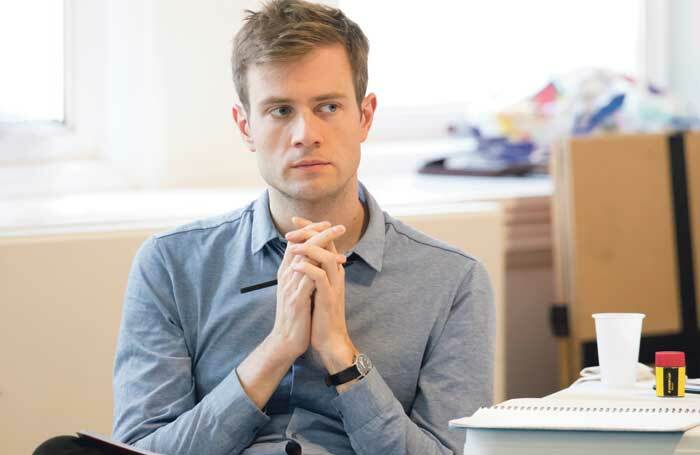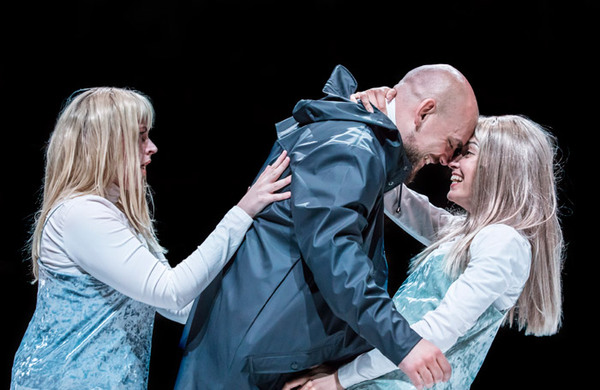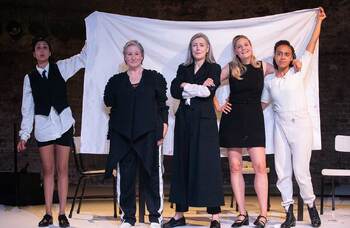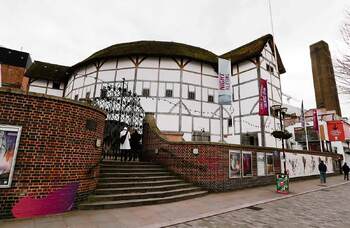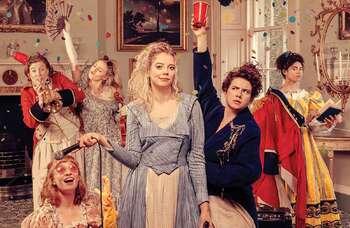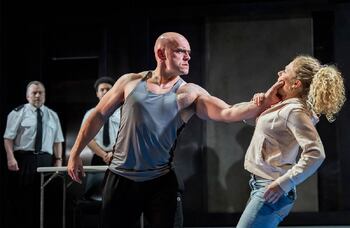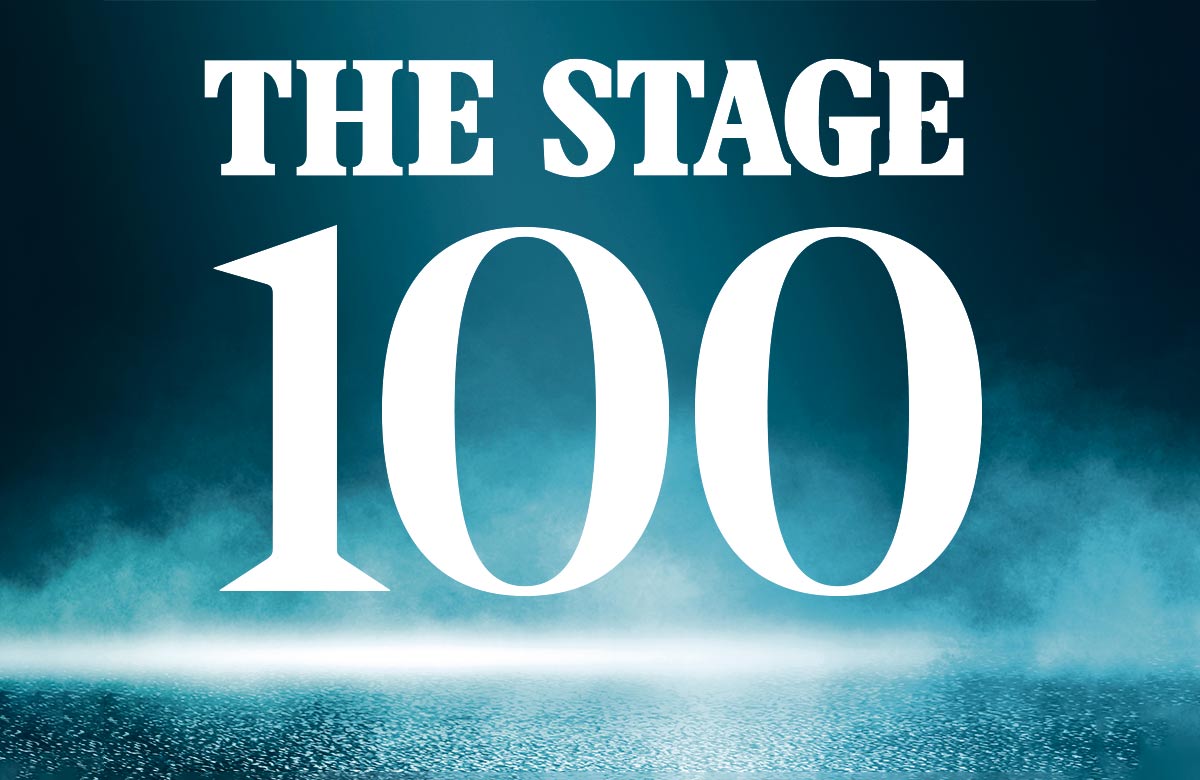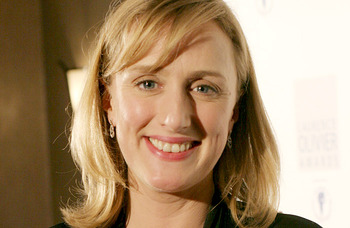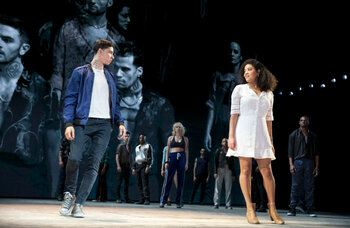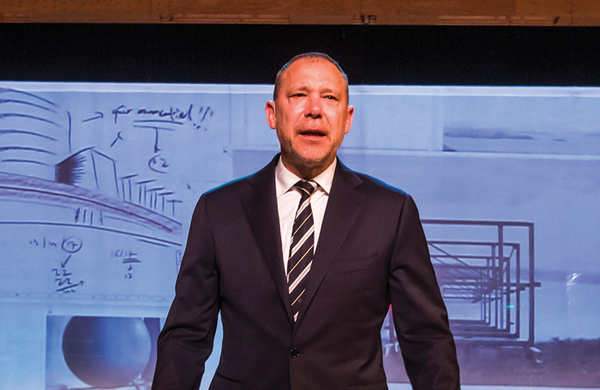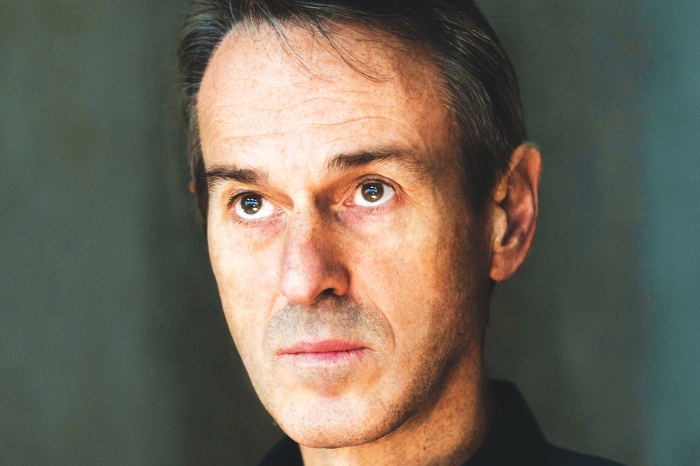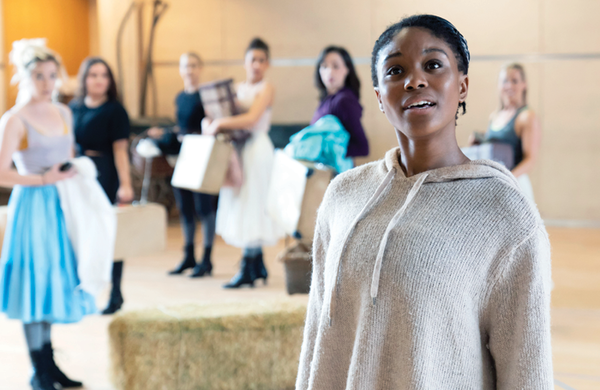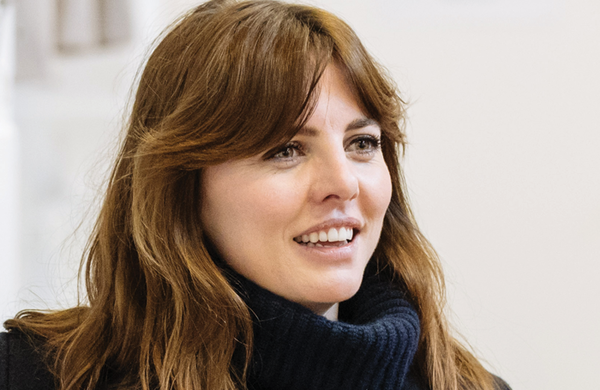Jeff James: 'Theatre can't change the world, but it can change minds'
After learning his craft in Germany and assisting Ivo van Hove, the director is bringing a radical adaptation of Jane Austen’s Persuasion to Manchester’s Royal Exchange. He talks to Andrew Haydon
Jeff James is a relative unknown in UK theatre – he has made two studio shows at the Young Vic and one at The Yard – and yet he’s now directing an adaptation of Jane Austen’s Persuasion for the 750-seat main stage of Manchester’s Royal Exchange.
On one hand, his career progression is perfectly conventional: smaller shows and lots of assistant-directing gigs until a main stage show in a regional theatre materialises. What is perhaps less usual is his interest in mainland European theatre.
“That started through trips the Young Vic was organising – to Warsaw Theatre Meetings in 2011, then a trip to Munich in 2012,” he explains. “We were being hosted by the Residenz Theater in Munich, and they said, ‘If any of you guys want to come back as an assistant director, we can make that work.’ So I went back there to work on a show as an intern.”
Before he took the assistant director job in Munich, James booked a couple of weeks full-time with the Goethe-Institut to try to learn German: “I had very rudimentary German, but I was basically sitting in a rehearsal room trying to work out what the different constellations of people were doing, without having a clue what they were actually saying.”

He spent two months in Munich and, because there are two big repertoire theatres there, was able to see a new show “pretty much every night”.
“I saw really quite a broad range of German directors’ work,” he says. “I also truanted out of the rehearsal room where I was an assistant director, and got into the rehearsal rooms of [the late] Dimiter Gotscheff for the last production he directed [Heiner Muller’s Zement], and Ivo van Hove was directing Strange Interlude at the Kammerspiele. So I was in those rehearsal rooms – which was just luck. I just asked if I could go in. People do tend to say yes, if you ask: ‘Can I sit at the back?’ ”
Six months after James returned from Munich, Van Hove was interviewing for an assistant director for his first UK production: A View from the Bridge at the Young Vic.
‘The German model is a rebuttal of any assumption that regional theatre should be less demanding’
“I’d been a big fan of Ivo for a while,” recalls James. “I’d seen The Antonioni Project at the Barbican, which – although I don’t think was his best work, and I think he’d agree – I found something really exciting in; the use of video in it, the levels of reality in it. Having seen that, I went a few times to Amsterdam, and saw some really good stuff there. I saw the Roman Tragedies – because I missed it the first time it was in London – and I saw a production of The Miser that he directed, which I thought was incredible. It was a different kind of language from anything I was seeing in the UK. I didn’t really get to know him in Munich – I was just sitting in his rehearsal room. However, the only question in the interview was ‘which of my shows have you seen?’ and I’d seen six or eight, so I knew what he was offering, or what he was up to.”
James thinks very carefully about how he’d characterise what that is: “He’s good at creating situations – him and Jan [Versweyveld, van Hove’s long-term designer] together – are good at creating situations in which actors often play very close to themselves. They’re not expected to create a character particularly, and that allows a kind of emotional truth.”
Q&A: Jeff James
What was your first non-theatre job?
Shop assistant.
What was your first professional theatre job?
Assisting Lucy Bailey on Dial M for Murder at West Yorkshire Playhouse.
What is your next job?
Remounting A View from the Bridge at the Goodman Theatre, Chicago.
What do you wish someone had told you when you were starting out?
Go and see work that’s strange to you: live art, dance, theatre in different countries. Don’t just see the kind of work you can imagine making yourself.
Who or what is your biggest influence?
David Lan.
What is your advice for auditions?
I find it unnerving when actors stand up to read, but maybe that’s just me.
If you hadn’t been a director what would you have done?
I thought about being an English teacher.
Do you have any theatrical superstitions or rituals?
No.
Getting that one assistant-directing gig led to James working on all Ivo van Hove’s subsequent English-language productions in England and America – Lazarus, The Crucible, Hedda Gabler and Obsession – as well as travelling to the US to remount A View from the Bridge on Broadway, in Los Angeles, in Chicago and then also in Paris (France, not Texas).
Now, he finds himself directing a Jane Austen stage adaptation. For his production of Persuasion, James has written the dialogue himself.

“It has the ghost of Jane Austen’s cadences and diction in it, but it’s rarely her actual sentences,” he explains. “If you try to say her dialogue out loud, you sound like a mad person.”
James’ production is not set in a specific historical period. “It looks like now, but they make references to things that existed and were part of life in 1814 that are in the novel,” he says. “They have carriages. What surprised me, when I read the novel a couple of years ago, was that it feels contemporary. Or at least, it feels very relevant to life now; the questions her characters are asking: how should you organise your life? How do you balance these dangerously competing demands of family, sex, money, and craft a life out of it that doesn’t contain inconsistencies that will destroy you? That’s tough.
“We haven’t solved those questions. But I wasn’t interested in updating it or locating it in the present day, because that feels like the jostle between how I live my life and how this character’s living their life is eradicated and it becomes less interesting. If you find an analogous modern situation you’ve flattened that out, potentially.”
He doesn’t see it as iconoclasm, though? “It’s not destroying the original thing. I’m working on the understanding that the novel is a beautiful work of art, and adapting it to the stage – however you do it – is doing a violence to the original artwork. It’s changing it fundamentally. There isn’t a non-violent way of doing that, so it’s owning that the way the adaptation works is really focusing on what I find interesting and powerful about the novel, and in some way reflecting my experience of reading the novel in the production I’m making.”
James hopes that people who know the original will recognise the things they found exciting in the novel in the production. “I really like the novel too,” he says. “I hope we [the audience and I] are on the same side. I’m not softening anything in the production for a ‘regional’ audience, I don’t think you need to. The Royal Exchange is one of the theatres that leads on diverse casting; and the German model is a rebuttal of any assumption that regional theatre should be less demanding. The difference in Britain is that regional theatre gets much less money.”

That’s not to suggest that James’ working method differs from other directors. “There’s an understanding from a lot of British actors that the rehearsal process is going to be structured around the psychological structuring of the text of the play,” he says. “This psychological structure, which you establish first, informs the physical geography of the production. You start from one of many different models of the Stanislavskian process where you start by breaking up the play in that way, and that informs the physicality. I think one thing I’ve learned from Ivo is that it matters much less what’s happening in the actor’s head than what’s happening in the audience’s head. You don’t necessarily have to have a shared understanding between the company of the reality that the characters are inhabiting. Blocking is such a hideous word, but really the principal way that a director can create meaning on stage is the positions of the various actors in relation to each other.”
Interestingly, for all this, James doesn’t position his work as a politically radical. “I think that there’s a generation of theatremakers above me – who I really like – who think that theatre should change the world. And I think that’s probably not true. I mean, if it could change the world, that would be really nice, but I think that’s a lot to ask. If it can change the insides of people’s heads, that’s ambition enough.”
CV: Jeff James
Born: London, 1985
Training: Cambridge University
Productions: La Musica, Young Vic (2015), Stink Foot, The Yard (2014)
Awards: none
Agent: Tracey Elliston, Judy Daish Associates
Persuasion runs until June 24 at Royal Exchange Theatre, Manchester
Opinion
More about this person
Opinion
Most Read
Across The Stage this weekYour subscription helps ensure our journalism can continue
Invest in The Stage today with a subscription starting at just £7.99
